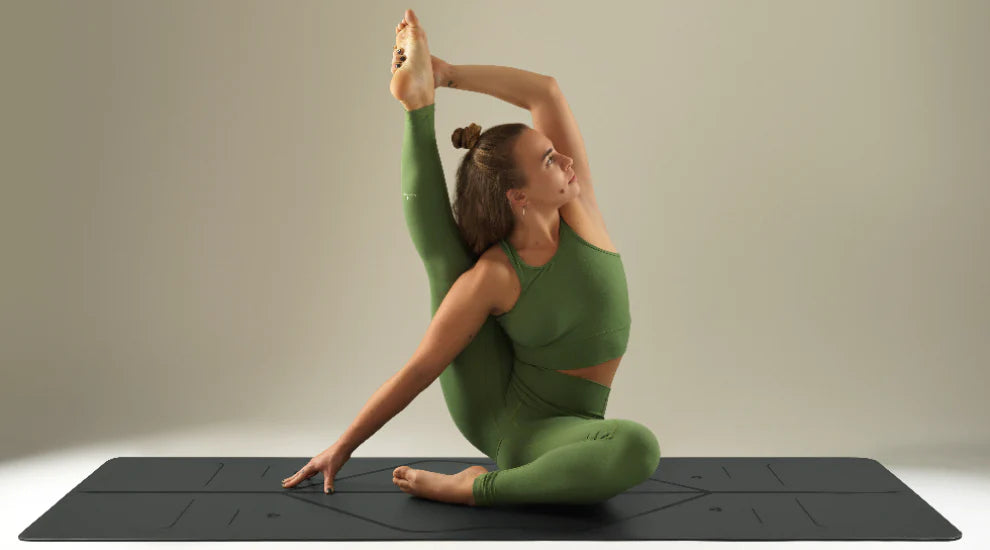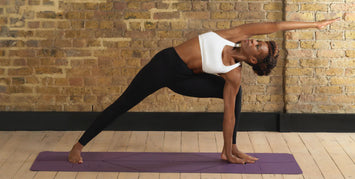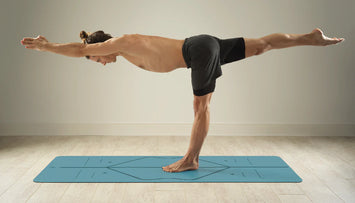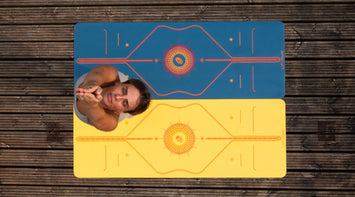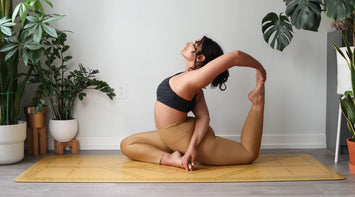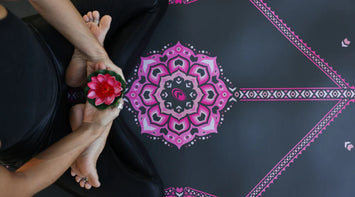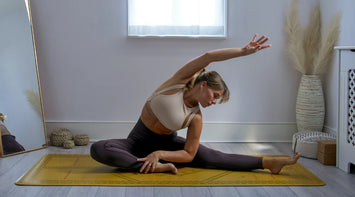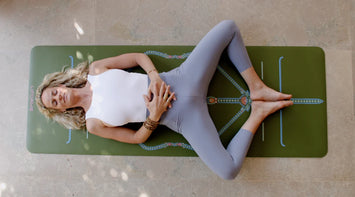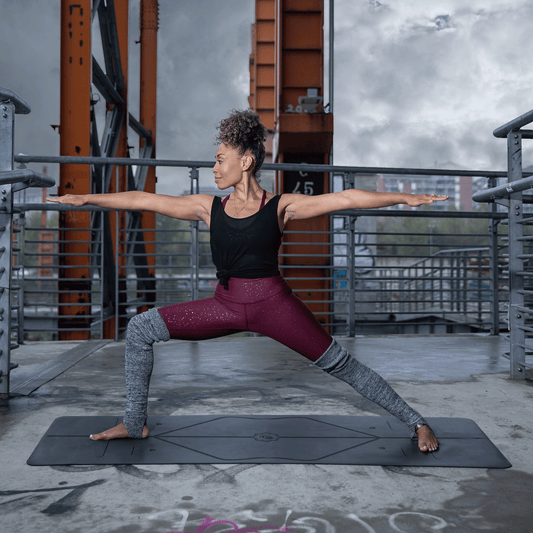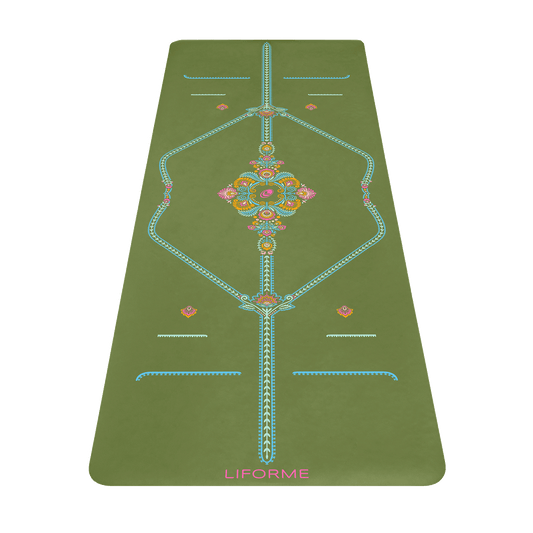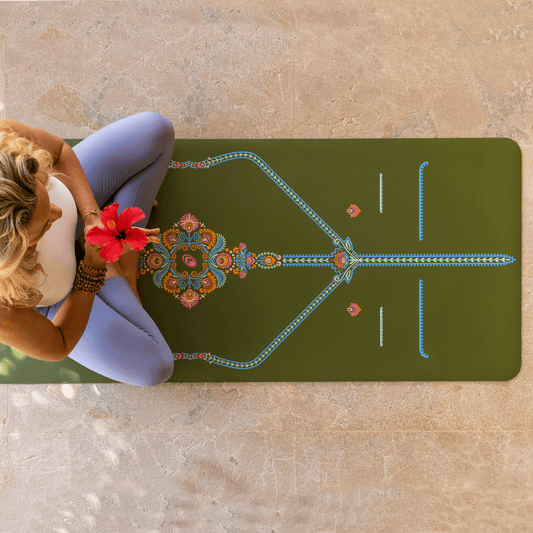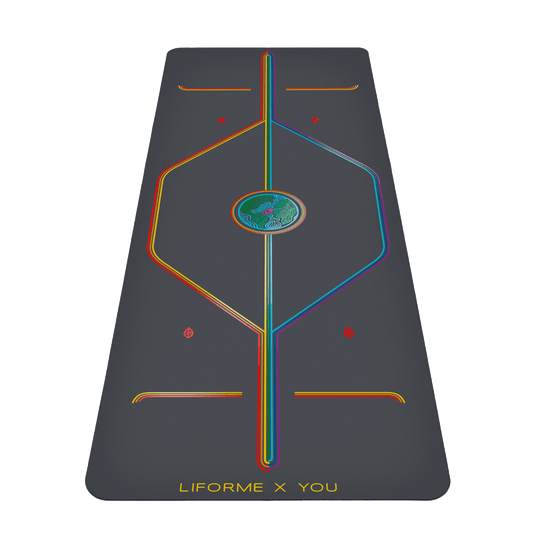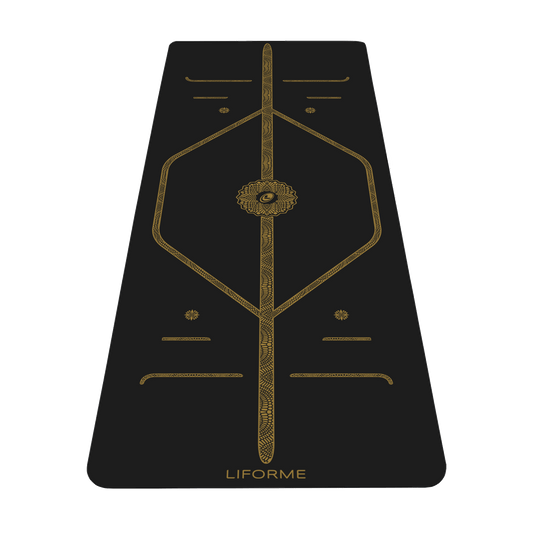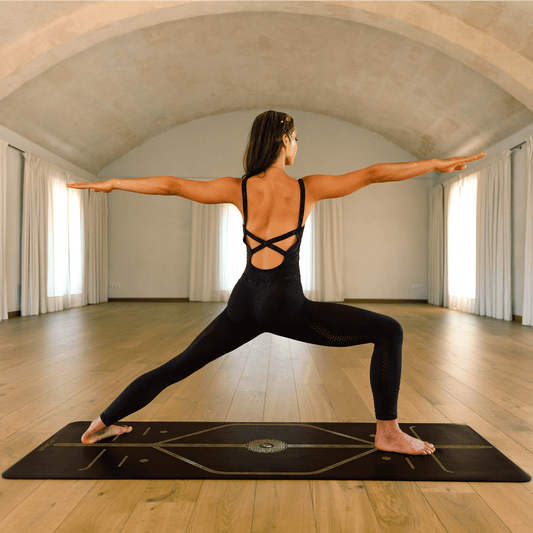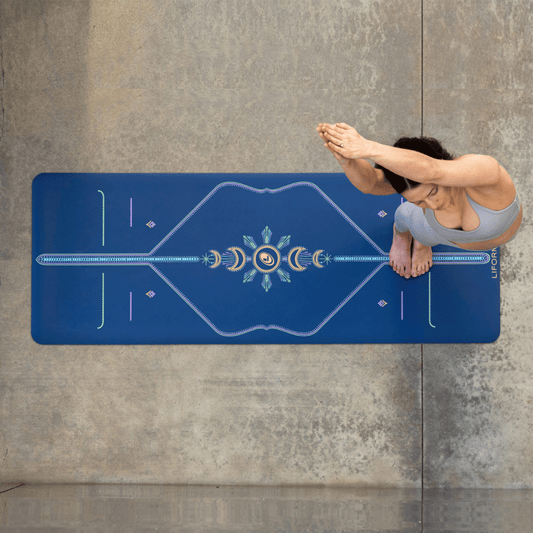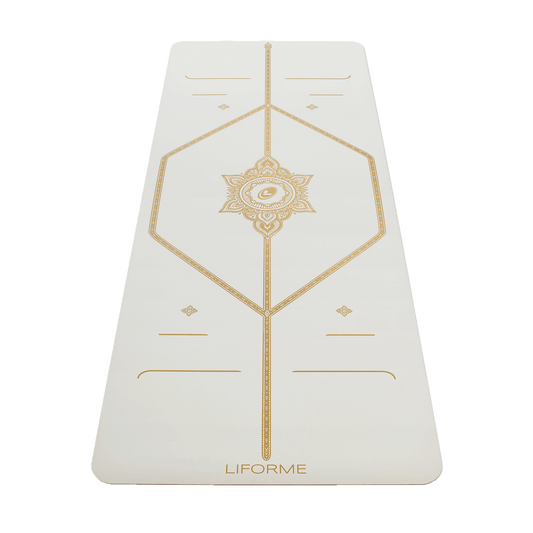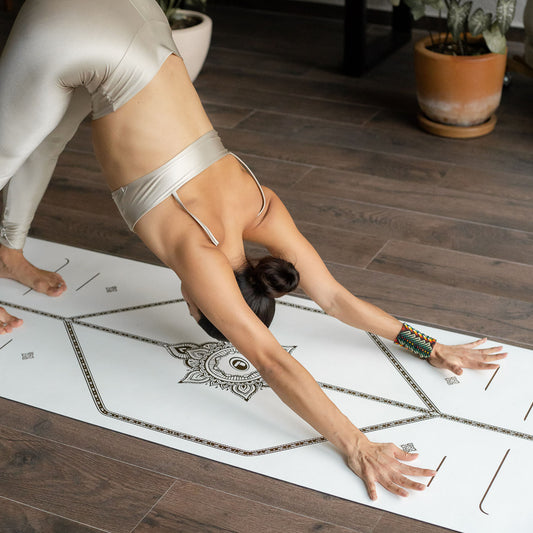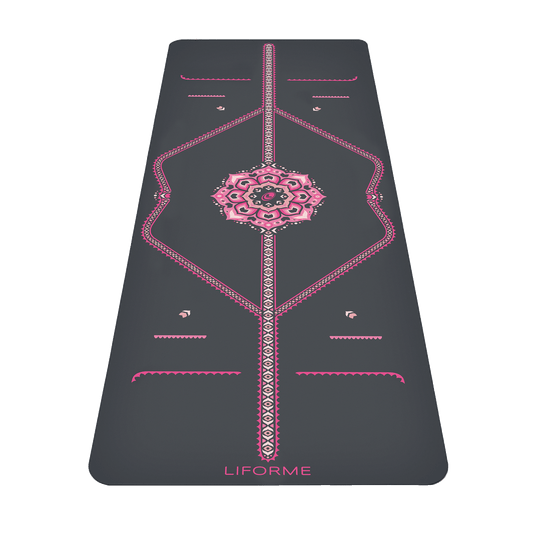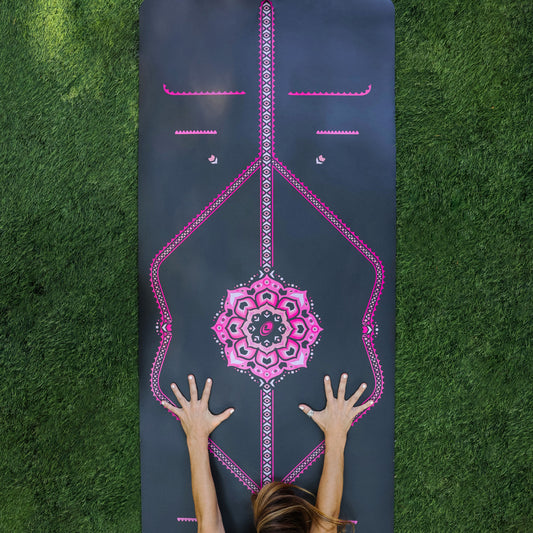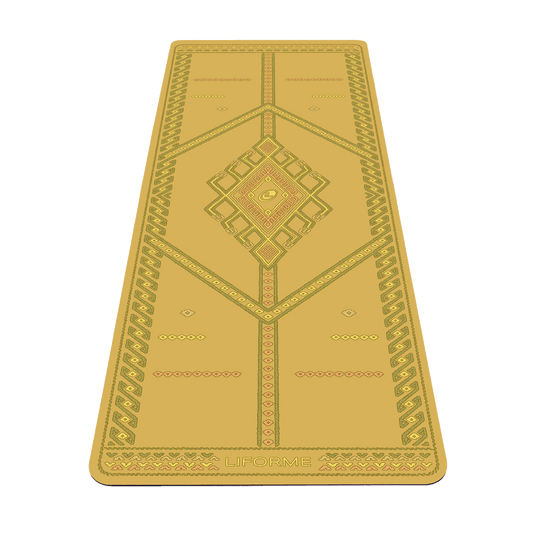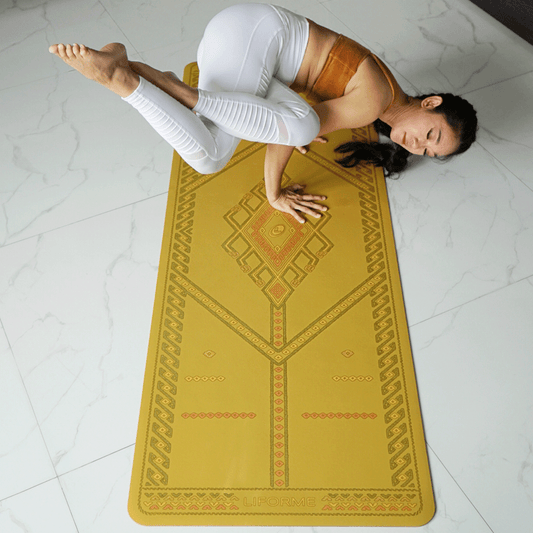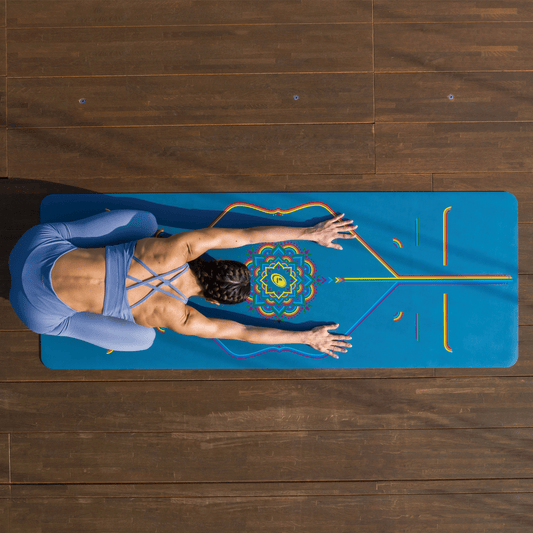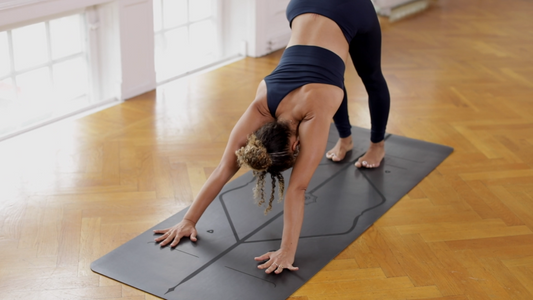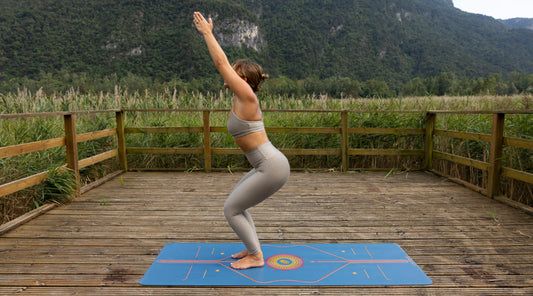It’s shopping season (when isn’t it, though?) and that means that it’s a good time to take a good look at how we make decisions about what to buy, both for ourselves and as gifts for people we love.
Whenever your credit card digits make their way out of your pocket/handbag/browser cache, you’re faced with a series of choices. On a surface level, we choose things by style, size, and colour, but the less obvious choices we make before signing on the dotted line have the power to turn us from mindless consumers into conscious buyers.
First, we have to choose to believe that each purchase we make really matters, and it does on several levels.
Locally, having fewer, better quality, more beautiful things improves the quality of our lives.
Globally, rejecting the fast fashion/conspicuous consumption/planned obsolescence model that is driving our planet to (and past) the brink of ecological disaster has become a moral responsibility.
Why wouldn’t you take every opportunity to insert your voice into the conversation by exerting your purchasing power in a meaningful way?
All Stuff is Not Created Equal
It’s time to take a different approach to exchanging your hard-earned cash for stuff: a conscious approach, which means carefully considering what we buy. Especially during the holiday giving season, all sense of proportion goes out the window because we’ve completely absorbed modern culture’s message that more is better. Giving more stuff, having more stuff, buying more stuff is supposed to signal to ourselves and others that we have achieved success, as measured through a capitalist lens of consumption.

It’s up to each of us to reject that narrative. Every time you buy something, you have an opportunity to send a message to ‘the market’ about what kinds of things people want to buy. When you buy things that are cheaply produced, counterfeit, and not eco-friendly, the market gets that message and makes more of those things. Buying things that are ethically made, originally designed, and environmentally conscious sends the opposite message. That’s the message we want the market to hear.
Let’s Go Shopping
Most of us like to think that we’ve gotten a bargain and that results in us having a lot of cheap stuff that doesn’t last very long or suit its purpose to the fullest. This is a habit we can break. The cheapest thing often is not the best thing because better design, better materials, ecological sourcing, and running an ethical business, frankly, just cost more.
In the long run, buying a few things that are more expensive by virtue of their originality, utility, and morality, is a better deal (for you and the environment) than having to constantly replace something cheaper because it wears out or just doesn’t suit. To figure out which products fit this bill, you have to do some research, or, as we like to call it, shopping.

Shopping has a bad rap, but it’s not inherently the problem. Buying too much of the wrong things is the problem. Shopping is taking the time and attention to choose things for yourself and your loved ones that are thoughtful, useful, attractive, and responsibly produced. When approached as an exercise in consciously choosing the highest quality, most sustainable, most useful things you can afford, shopping is actually a good thing.
Perfect, Meet Good
You’ve probably heard the saying “perfect is the enemy of good.” While stories about people who have vowed to go a year without buying anything, making any trash, or using any plastic make good copy, that's not the only way to make an impact. The person who cuts back on their purchases and shifts their perspective to buy better quality, more sustainable things isn’t much of a news story, but it’s more attainable.
We can all do better when it comes to how we choose what to buy, from our daily cup of coffee to our new car and everything in between (like, ahem, yoga mats). Less waste, more planet-friendly. Less quantity, more quality. Less uselessness, more functionality.

Money Talks
Many people worry that succumbing to the seasonal pressure to give feeds the capitalist cycle. It’s a valid concern but participating can actually be an opportunity to show your power. Make all your purchases from a caring heart and a conscious mind and we can turn the power of the purse into a force for good.

